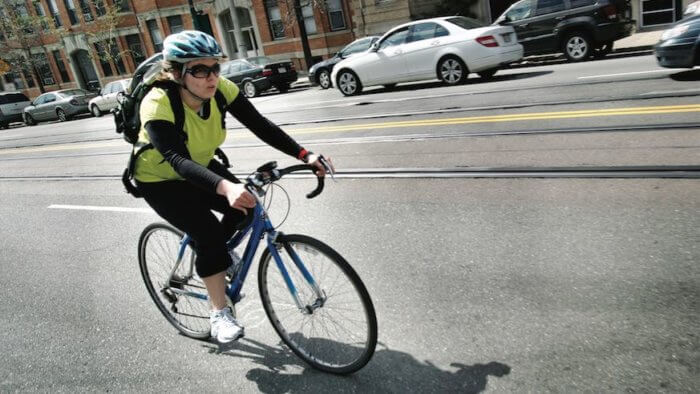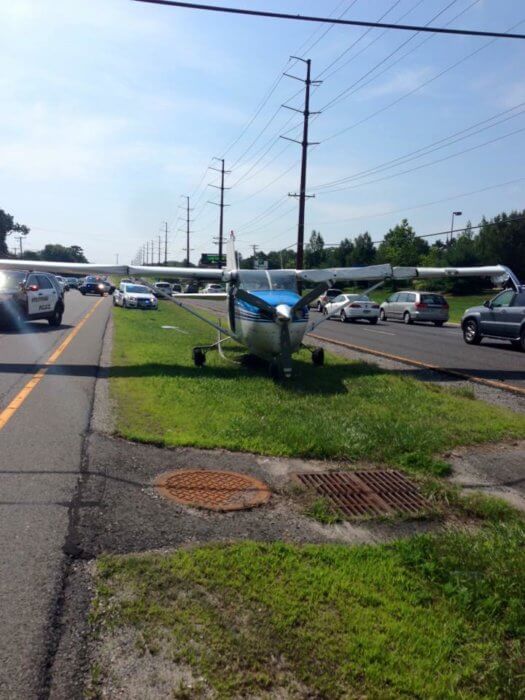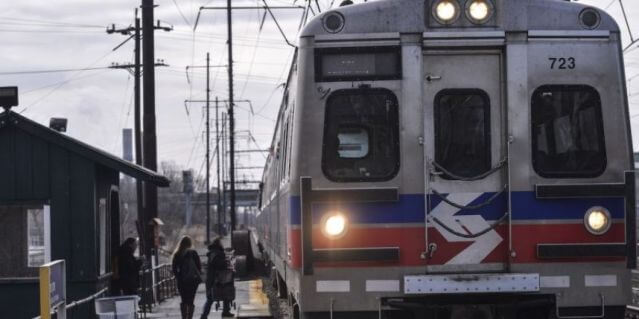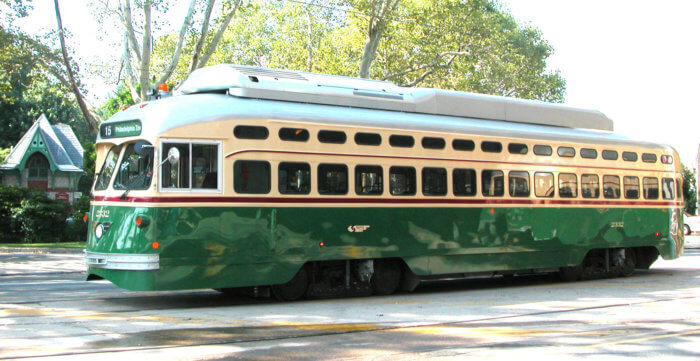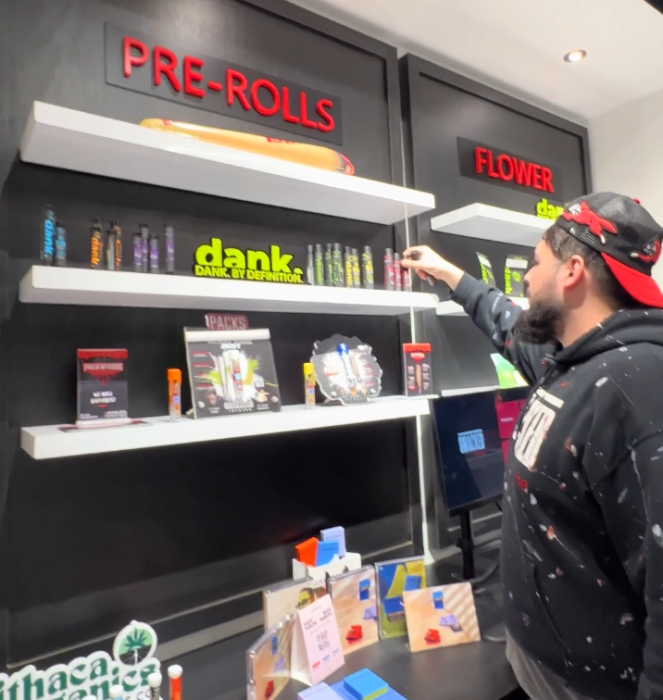It ain’t easy being green but SEPTA is trying something new to be more eco-friendly and appeal to Philadelphia commuters after a rough summer.
New electric buses are expected to start traveling the streets of South Philly in early 2017.
“This is great for the city in reducing emissions and contributing to sustainability,” says SEPTA Assistant Chief Engineering Officer Jerry Guaracino.
“This is a game changer,” says Joe Minott, Executive Director and Chief Council for the Clean Air Council. “If you want to grow your population you want to be clean, efficient and affordable. Anything that pleases the rider is a good thing.” Quieter buses, less emissions and the new addition of a rear window will potentially appeal to riders and commuters alike and riders need to be pleased. SEPTA’s recent train car loss lead to frustrated commuters who have been experiencing travel delays and over crowded trains since the train cars were recalled last month. “Whenever someone makes a purchasing decision, you vote with your dollars,” says Julie Hancher of Green Philly Blog. “If you invest in cleaner energy you start a trend – it’s a snowball effect. “ The first 25 Proterra Catalyst buses were purchased with a grant awarded to SEPTA by the Federal Transportation Authority in 2015. The grant, which totaled at more than $2.5 million, has been used to purchase the buses in addition to the equipment needed to run them on the streets and charge them at their designated stations. The first round of buses will run on the 29 and 70 routes in South Philly. “They’re introducing it cautiously and on short routes – which I think is sound,” says Minott. “There’s no doubt in my mind that they will continue to build.”
Guaracino reports that the buses will be able to go 50 miles between their scheduled charges while keeping the batteries at least halfway charged. Charge times average at 6 to 8 minutes depending on weather conditions. “There are more Philadelphians that are relying a lot less on cars – SEPTA needs to respond to that,” says Hancher. “They need to invest in more viable means to make the city move forward.” SEPTA made the move to invest in the electric buses after applying for the FTA grant in late 2015 and realizing that the technology has become much more affordable. Overall, these buses will be gradually phased in to SEPTA’s current fleet. “We have to look at the performance on those routes,” says Guaracino. “We’re expecting four to eight vehicles per month. Once we’re confident, we can start putting electric buses on other routes throughout Philadelphia.” The first SEPTA Proterra Catalyst bus in the fleet debuted during the Democratic National Convention last month.
SEPTA prepares to roll out new eco-friendly buses
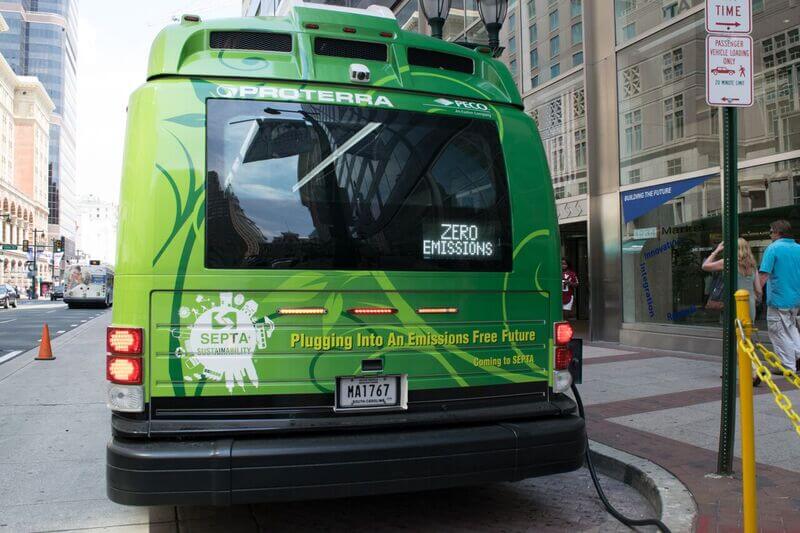
SEPTA, Provided
























